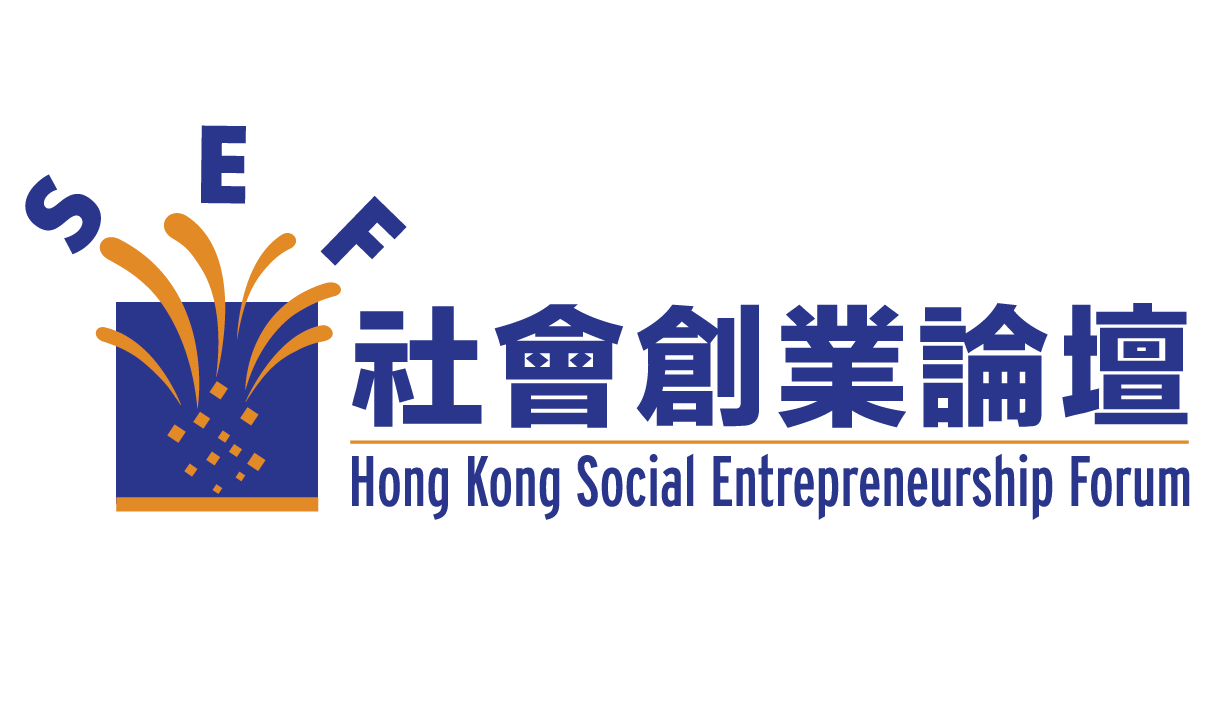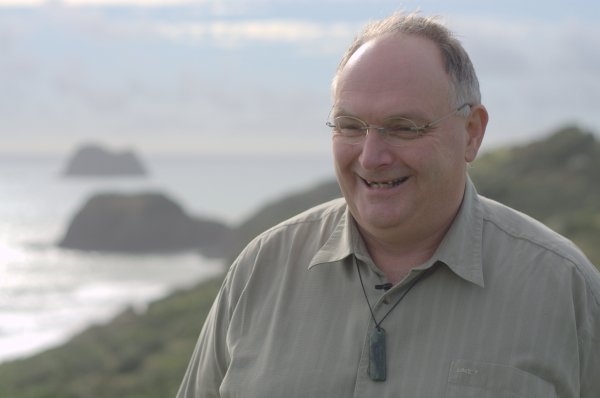Edited by Dr KK Tse
In recent years, many organizations in Hong Kong – especially universities – have been introducing a number of mentoring schemes, with experienced people from business, professional and non-profit sectors serving as mentors. I am sure these would benefit the young mentees. In this issue, I would like to share with you my experience with my ‘mentor’ whom I ‘adopted’ some years ago.
I came across the idea of ‘Adopt a Mentor’ about twenty years ago when I was attending a seminar totally unrelated to mentoring. The speaker talked about the potential benefits of having a mentor but what impressed me most was the way he proposed to find the mentor one wanted. He said that one should not wait to have a mentor to be ‘provided’ or ‘assigned’ to oneself – that is what most mentoring scheme does; instead one should actively seek out the mentor that one wanted and just ‘adopt’ this person as mentor. That is to say, the mentor might not need to be someone you personally know, but this person must be someone you greatly admire and should be your role model.
I totally embraced this idea and had adopted a number of mentors at different stages of my career. After my retirement, I thought I might not need mentors any more. But when I came to know Vivian Hutchinson, I immediately felt the urge to adopt him as my mentor. And I am glad I did.
Who is Vivian Hutchinson anyway?
Vivian (who spells his name with a small ‘v’) is by far the most well known social entrepreneur in New Zealand. He is not a social entrepreneur in the ‘conventional’ sense. He did not create any major organizations or social enterprises, but throughout his career he launched a series of initiatives each with a major impact on the local
community and the society at large.
His work has been so inspirational to me that I have devoted a whole chapter of one of my books to describe it (公益創業: 青年創業與中年轉業的新選擇, chapter 6). In fact, it was the contents of this chapter that were instrumental in bringing him to Hong Kong as a Keynote Speaker of the Social Enterprise Summit 2011. (A member of the Summit Organizing Committee read the book and was impressed by what Vivian did and felt that his work and achievements have a lot of relevance and insights for people in Hong Kong.)
Here are some highlights of his work:
- Skills for Enterprise: Vivian’s early career focused on youth unemployment. He designed and conducted a highly innovative program to enable young people to make the transition to employment or start their own businesses. The course was so well received that it was introduced nation-wide as part of a program to boost youth employment.
- The Jobs Letter: Unemployment remained Vivian’s central concern but he did not stop at effort to create jobs. He and his associates set up a think tank, the Jobs Research Trust, to explore the deeper causes, and fundamental solutions, for unemployment. He became the founding editor of The Jobs Letter, a bi-weekly Newsletter (pre-internet, printed version) to inform, educate and enlighten the public on issues related to employment and work.
- Rethinking WORK: One of the most significant and challenging issues that Vivian and his team focused on was the nature and future of work. Like most of the advanced economies, New Zealand faced the steady loss of jobs to the developing countries and the expansion of the so-called service industries. But there were not enough employment opportunities for all, hence the chronic high unemployment rates in most OCED countries. At the same time, an ever-increasing proportion of new employment or work was created in the ‘production’ of unnecessary and unrestrained consumption – the direct result of profit-driven consumerism distorting consumer and social needs on the one hand and squandering the natural and human resources on the other. ‘What should work be?’ is more than an employment issue. Vivian and his team began to advocate that ‘work should be designed and created as if people and the earth matter’— that is to say, the predominant mode of work in contemporary society should focus on either ‘treating our people better’ or ‘treating our earth better’. This is a refreshingly new approach to redefining work and has tremendous ramifications for understanding and rethinking our current capitalist, profit-maximizing economy.
- Mayor’s Taskforce for Jobs: This was perhaps Vivian’s most unique contribution to New Zealand society and is an approach that is rarely found in most countries. During the 1990s, New Zealand continued to be plagued by high unemployment, reaching over 10% for most the decade. In 1994, the then Prime Minister appointed a high-profiled Prime Ministerial Taskforce on Employment to study and make recommendations on the matter. But despite the fanfare, nothing concrete came out of the exercise. In 1999, Vivian proposed the formation of a Mayors Taskforce for Jobs to address the issue with the explicit national goal of: ‘all young people in our communities will have the opportunity of paid work, or to be in training or education.’ The first meeting of the Taskforce attracted over half the mayors in New Zealand and soon afterwards, over 95% of the mayors were participating members. Vivian, with no official capacity whatsoever, was the facilitator of the Taskforce, which went on to deliberate, decide and implement a whole range of initiatives to tackle the unemployment issue in ways that no central government efforts could match in terms of speed and effectivenes.
- New Zealand Social Entrepreneur Fellowship: In 2006, Vivian was commissioned by the Tyndall Foundation to identify a group of leading social entrepreneurs in the country to join the Fellowship. In 2007, the Fellowship was established with fifteen social entrepreneurs as founding members. Vivian was himself one of them and he was also appointed the full-time Executive Director of the Fellowship for three years to organize periodic retreats for the members so that they could share their experience, expertise as well as providing mutual critique and support to each other’s work. The fifteen members are all outstanding social entrepreneurs who have achieved amazing breakthroughs in diverse areas of the social sector. The experience was delightfully documented in the book How Communities Heal: Stories of Social Innovation and Social Change, the Hong Kong edition of which was published in Hong Kong this month (November, 2011).

How Mentorship Works
When I said I ‘adopted’ Vivian as my mentor, what I meant was that he has been such an inspiration for me that I could feel his presence, and benefit from his advice – spoken or unspoken, even though I might not always have the opportunity to see him in person. In fact, I had sat down in conversation with him for only three times in six years. Indeed, I had not asked him permission to be my mentor; I didn’t feel it necessary at all. But I have
benefited greatly from his mentorship. This is perhaps what mentorship is all about.
Last month I had the unexpected opportunity to work with him on something I was most honoured to do; he invited me to write a Foreword for the Hong Kong edition of his book How Communities Heal. I was just too happy to take up the challenge. Below is the draft I sent him. He edited it down a bit for the book, but I think the readers of this Newsletter might want to read my complete draft.
Foreword to the book
Imagine this: Fifteen of the country’s leading social entrepreneurs coming together a few times a year in a relaxed and tranquil environment: sharing experiences and best practices, joy and frustrations, achievements and setbacks, aspirations and challenges – all under the skillful facilitation of a trusted peer. You would envy them and you would expect miracles to happen. Yes, there are sparks and debates, soul searching and brain storming, laughter and pains, synergy and collaboration, actions and reflections, and many more….
In the end, the fifteen social entrepreneurs become more than friends – they become a unifying force symbolizing a social movement which is harnessing the creativity and entrepreneurship of individual citizens to make the world a better place to live. Each of them gains a lot from the experience, enhances their own practice and deepens their own impact, while at the same time contributing to other’s success.
Too good to be true? This is exactly what the New Zealand Social Entrepreneur Fellowship (NZSEF) has achieved. This book documents the Fellows’ individual and collective journeys. It is amazing to follow the stories and be moved and touched by the courage and ingenuity of these inspirational social entrepreneurs.
Vivian Hutchinson, the Executive Director of NZSEF for three years, was invited to address the Social Enterprise Summit in Hong Kong as a Keynote Speaker this year and HKSEF and SE Book Hub are honoured to become the Publishing Partners of this book so that it could be made available to the delegates during the Summit.
This book has a special relevance for this part of the world if only because of the following:
- It will enable the HK public to better appreciate the meaning of social entrepreneurship; the latter should not be narrowly construed as setting up (sometimes nominal) social enterprises. Social entrepreneurs are passionate individuals who have the courage and ingenuity to tackle pressing and complex social issues regardless of what organizational forms to adopt.
- The experience of NZSEF will broaden the horizon of the local social entrepreneur community, opening up to more opportunities for dialogue, experience sharing, mutual feedback and stimulation, as well as synergetic collaborations. In HK, all the leading practitioners already know each other by name and by sight, how wonderful it will be if there are regular forums for us to have in-depth, frank, and fruitful dialogue with each other as the New Zealand counterpart have done.
- The members of the NZSEF are making systematic effort to bring up the next generation of social entrepreneurs. This is yet another area that we could learn from their experience.
- To the extent that the HK counterpart could learn from our New Zealand friends and could create exceptional results, this will in turn have a positive impact in the rest of the Greater China region. The annual Social Enterprise Summit has already become a regional hub for social entrepreneurs and their supporters to meet and learn from each other; the next stage should be the creation of a forum for more in-depth exchanges and fellowship. We look forward to the day when some sort of Greater China Social Entrepreneur Fellowship will come into being.
I am particularly grateful to have this opportunity to work with him to enable this book to inform and inspire more people to contribute to the civic movement of social entrepreneurship.
Header Image from VivianHutchinson.org.nz

